talking Tarni | Changing the Narrative
Employment equity and inclusivity conversations in Australia can often revolve around the Indigenous community. However, to truly make strides in employment equality, it's crucial to understand the current landscape and its challenges. And it's about more than job opportunities; it's about changing a long-standing narrative. Here, we've dived into the importance of cultural understanding, listening, and respect in reshaping the discourse on Indigenous employment, backed by some telling statistics.
The Current Landscape: By the Numbers
The National Indigenous Australians Agency ([NIAA], 2023) stated in the 2021 Census:
52% (253,600) of Indigenous Australians aged 15–64 were employed
This employment rate was highest in major cities at 58% and was lowest in very remote areas at 32%
There exists a disparity between Indigenous and non-Indigenous Australians in employment, with rates standing at 52% for Indigenous Australians compared to 75% for non-Indigenous Australians
Notably, the employment gap is even more significant for Indigenous Australians living in remote areas
Top 5 difficulties finding work, unemployed Indigenous Australians aged 15–64, 2014–15
Source: Measure 2.07, Table D2.07.10 – AIHW and ABS analysis of National Aboriginal and Torres Strait Islander Social Survey 2014–15.
But these challenges are more than just geographical; they're rooted in a historical lack of cultural understanding and respect, as well as the influence of past and ongoing ‘Eurocentrism’ (Kwaymullina, 2016).
The Importance of Cultural Understanding
Indigenous cultures are rich in traditions, values, and stories. As Aboriginal Academic Ambelin Kwaymullina, a Palyku woman, stated, “Indigenous systems tend to be holistic and animate, in that they assume everything is alive and everything is connected” (p. 441). Therefore, to reshape the Indigenous employment narrative, there's a need to understand these viewpoints and recognise the survivance of Indigenous peoples. By deeply appreciating Indigenous culture, we can bridge the gap between modern employment and traditional values.
The Power of Listening
True progress can only emerge from genuine dialogue. In this context, listening means understanding experiences, acknowledging past injustices, and working collaboratively to ensure Indigenous voices are central to the narrative. The First Nations Employment Alliance (The Policymaker, 2023) exemplifies this approach by making Indigenous voices the architects of policies directly impacting them.
Building Respect Through Action
The statistics indicate that there is a significant amount of work that needs to be done regarding Aboriginal and Torres Strait Islander employment. The 'Closing the Gap' initiative has set two noteworthy targets - increasing the percentage of Indigenous youth in employment, education, or training to 67% by 2031 and raising the proportion of Aboriginal and Torres Strait Islander people aged 25-64 in employment to 62% by 2031 (AIHW Indigenous, 2023). Achieving these targets requires more than just offering opportunities, it also means creating an environment that fosters rich cultural understanding, active listening, and respect.
But what does respect look like?
It involves acknowledging the importance of Indigenous knowledge, ensuring that decision-making positions include Indigenous representation, and establishing culturally sensitive and inclusive workplaces.
Collaborative Change for the Future
The 5.3% increase in the employment rate for Indigenous Australians aged 25–64 between 2016 and 2021 and the reduction in the employment gap from 24.7 to 22.0 percentage points showcases a promising trend (AIHW Indigenous, 2023). To further this narrative, partnerships rooted in Indigenous values, deep listening, and mutual respect are essential.
Embedding a rich cultural understanding, paired with listening and respect, is vital in reshaping Indigenous employment in Australia. It benefits not only the Indigenous communities but also enriches the Australian workplace with diverse perspectives and strengths. In this shared journey of growth and inclusivity, every step, story, and action brings us closer to an equitable future.
Connect with Tarni Resources



